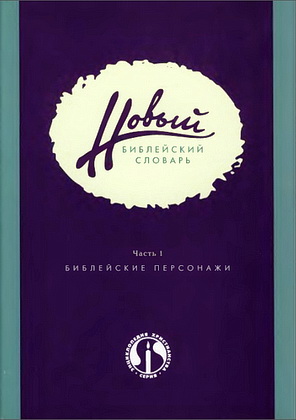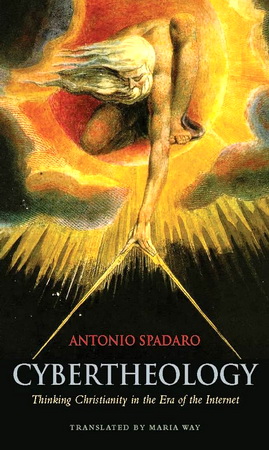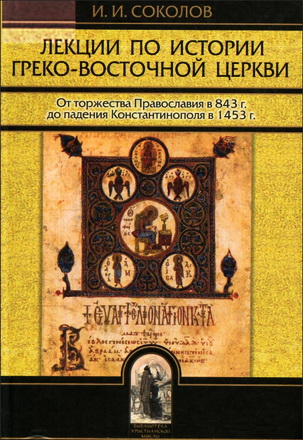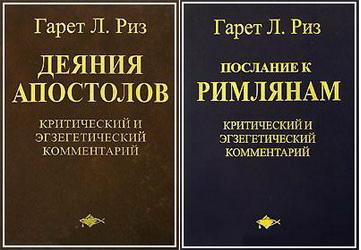
Spadaro Antonio – Cybertheology
Is the Internet Changing the Way You Think? This is the title of a 2011 collection of interviews, edited by John Brockman, on the impact of the Internet on our lives. Is the Internet changing our way of thinking? The recent digital technologies are no longer tools or devices that exist totally apart from our bodies and minds. The Internet is not an instrument; it is an ambience which surrounds us. The handheld devices that permit us to be connected at all times are becoming ever lighter and smaller, making life’s digital dimensions almost transparent. They are open doors that are rarely closed. Who turns off an iPhone anymore? One charges it and puts it on vibrate, but one rarely turns it off. There are some who do not even know how to turn one off. If one carries a smartphone in one’s pocket, then one is al-ways connected to the Internet.
Not surprisingly, a growing number of studies looks at the ways in which the Internet is changing our everyday lives and, more generally, our relationships with the world and with the people who are close to us. However, if the Internet is changing our ways of living and thinking, does it not also change (and thus is already changing) our way of thinking about and living the faith?
I’ve been asking myself this question since January 2010, when I received an invitation to give a talk at a conference entitled “Digital Witnesses.” The invitation came from Monsignor Domenico Pompili, the director of the Office for Social Communications at the Italian Bishops’ Conference. The director had asked me to talk about faith and the Internet. Since 1999, I have written many articles on individual aspects of the Internet and on single networks in La Civiltà Cattolica. My talk in some ways was an extension of my work for the journal and its strong propositions. I became its director in October 2011. The journal’s interests in communication started with Father Enrico Baragli, a real pioneer in studies of the mass media, who was followed by Father Antonio Stefanizzi, who wrote articles on new communication technologies. When I received Monsignor Pompili’s invitation, I had already published Nuove forme della cultura al tempo di internet (New Forms of Culture in the Era of the Internet) (2006), and Reti di relazione (Nets of Relationships) (2010). However, that invitation put me at a disadvantage. I understood that they were not asking for an exploration of a phenomenology of the instruments of the Internet that could be used for evangelization. I was asked to present a sociological reflection on religiosity on the Internet but simple reflections alone did not seem to be sufficient to me. I remember that, when I tried to organize my speech, I stared at a blank computer screen with no idea about where to begin or what to write. I understood that I needed to give a theological speech. It was the moment to say something that was perhaps the fruit of the cognitive impulse that faith frees from oneself in a time like our own, when the Internet’s logic shows us ways of thinking, knowing, communicating, and living. I had started to explore a territory that, to me, still seemed to be rather untouched. Bibliographical research helped me understand that a lot had already been written on the pastoral dimension, which understood the Internet as an instrument of evangelization. What, it appeared to me, was less well studied was a systematic and theological reflection on the topic. My questions were: What impact has the Internet had on the ways in which we understand the Church and ecclesial communion? What impact has it had on the ways in which we think about Revelation, grace, the liturgy, the sacraments, and the classic themes of theology? My April 23, 2010, lecture at the “Digital Witnesses” conference was the first step toward a personal reflection that I still consider to be in its initial phase. The need to confront these questions with courage began to be shared.
Antonio Spadaro – Cybertheology – Thinking Christianity in the Era of the Internet
New York: Fordham University Press, 2014. – 152 p.
Antonio Spadaro – Cybertheology – Contents
Preface
- 1. The Internet: Between Theology and Technology
- 2. The Human Being: Decoder and Search Engine for God
- 3. The Mystical and Connective Body
- 4. Hacker Ethics and Christian Vision
- 5. Liturgy, Sacraments, and Virtual Presence
- 6. The Technological Tasks of Collective Intelligence
Notes
Works Cited
Index of Names





Комментарии
Пока нет комментариев. Будьте первым!